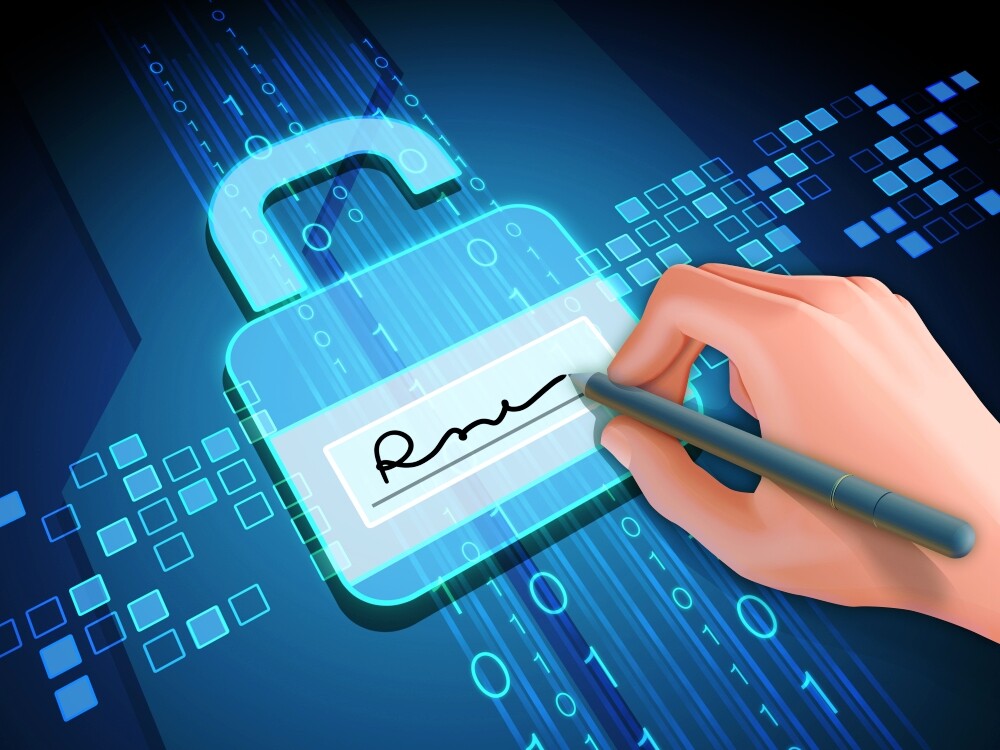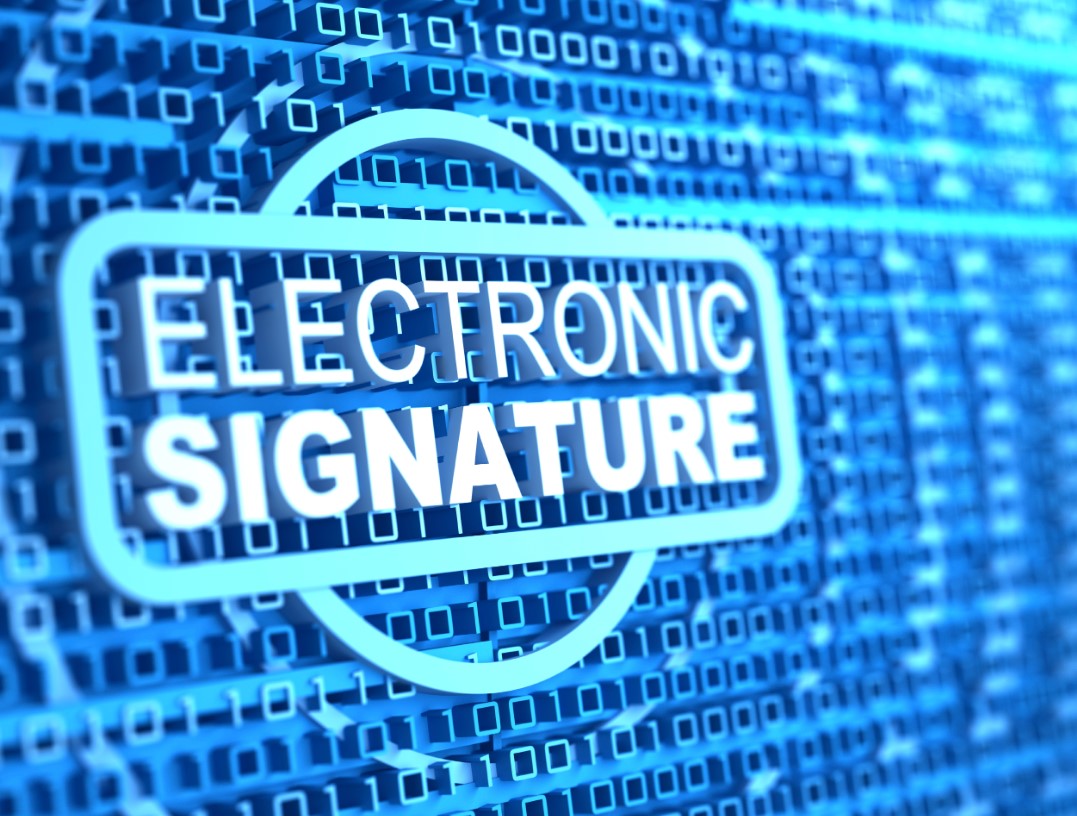Electronic signatures are not a new technology. What is new about electronic signatures is the way they are used today. Electronic signatures are used to verify the authenticity of a document or message. They can also be used to provide proof of identity.
There are several factors that determine how reliable electronic signatures are: the quality of the software that creates the digital signature, the security of the email address, and the security of the computer system on which the software is installed.
How Do Electronic Signatures Work?
Electronic signatures are a way to verify the authenticity of a document by using digital signatures. A digital signature is a type of security feature used in electronic communications and files to ensure that the information has not been altered since it was signed.
The process of creating an electronic signature involves creating an electronic message that contains the user’s valid signature. The message is then encrypted with the user’s public key and sent to the recipient. The recipient can then use the user’s public key to decrypt the message and verify the signature.
How are Electronic Signatures Used?

Electronic signatures are used to author contracts, legal documents, and other communications. When a person signs an electronic document using an electronic signature, the document is automatically signed and sent to the recipient. The person who signs the document must have access to the electronic signature signing tool and provide their name, email address, and other information to create the signature.
Using electronic signatures has several advantages over traditional methods of verification.
- First, electronic signatures are secure and can be verified without having access to the original document.
- Second, electronic signatures can be sent over a network which makes them more reliable than handwritten signatures.
- Finally, electronic signatures can be automatically generated and verified, which reduces the workload for parties involved in a transaction.
The best electronic signature solution for your business depends on the specific needs of your organization. If you are interested in using electronic signatures for your business, we recommend reaching out to a professional electronic signature provider.
Is an Electronic Signature Secure?
Electronic signatures are a common way to ensure that a document is from the person it purports to be from. However, there is no guarantee that an electronic signature is secure. Anyone with access to the computer on which the document was signed can modify the document without being detected.
Additionally, electronic signatures can be spoofed- meaning that someone else can create an electronic signature that appears to originate from you. But, even if a document is spoofed, it is still legally valid if the signature was actually made by the person it purports to be from.
How Can an Electronic Signature Be Tampered With?

Electronic signatures, or e-signatures, are a secure way to send and receive documents online. They use electronic data that can be verified as true by a third party. However, e-signatures can be tampered with if the data is altered.
This could include adding or removing text, changing the size or color of the text, or even deleting the document altogether. If this happens without the knowledge of the person who signed the document, it could be considered fraud.
Conclusion
Electronic signatures are becoming increasingly more common, with many businesses now requiring them in order to conduct business. While electronic signatures are generally reliable, there are a few things you can do to increase the chances that your signature will be accepted by the business you’re signing with.
Make sure you understand the terms of the contract before clicking “sign here” and always double-check to make sure that your email address is correctly entered into the form. If all else fails, speak to an attorney about whether or not electronic signatures are legally binding in your state.
